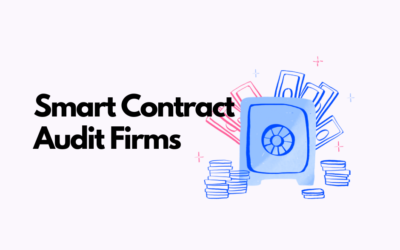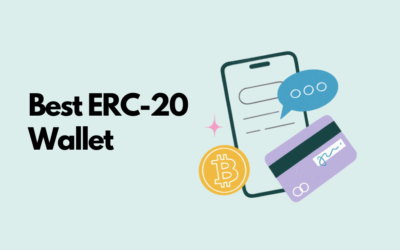Events in Solidity are a critical piece of smart contract development. They are messages that the contract fires during a transaction.
Events are used to allow contract code to emit log data that can be recorded on the blockchain. Events are typically used to allow external contract users, or other contracts, to listen for and respond to specific actions within the contract.
To create an event in Solidity, you use the “event” keyword followed by the name of the event and the types of data that you want to include in the log. For example:
event PurchaseMade(address indexed buyer, uint value);This code creates an event called “PurchaseMade” that includes an indexed address for the buyer and a uint value for the amount of the purchase. The “indexed” keyword is used to specify that the buyer address should be indexed, which allows for easier searching and filtering of the event logs.
To emit an event, you can use the “emit” keyword followed by the event name and the data that you want to include in the log. For example:
function makePurchase(uint value) public {
// ...
emit PurchaseMade(msg.sender, value);
}This code emits a “PurchaseMade” event with the buyer’s address (stored in “msg.sender”) and the purchase value as the data.
To listen for an event, you can use the Solidity “event” keyword to create an event listener in your code. For example:
contract MyContract {
event PurchaseMade(address indexed buyer, uint value);
function makePurchase(uint value) public {
// ...
emit PurchaseMade(msg.sender, value);
}
}
contract MyListener {
function listenForPurchases(address contractAddress) public {
MyContract contract = MyContract(contractAddress);
contract.PurchaseMade().on("PurchaseMade", (address buyer, uint value) => {
// Do something with the purchase data
});
}
}In this example, the “MyListener” contract includes a function that allows it to listen for “PurchaseMade” events from the “MyContract” contract. When a “PurchaseMade” event is emitted, the listener’s callback function is triggered and the purchase data is passed as arguments.
It’s important to note that events are only stored in the blockchain’s transaction logs and are not actually stored in the contract’s storage. This means that events are not accessible directly from within the contract, and can only be accessed by reading the transaction logs from the blockchain.
Events are a useful tool for allowing external parties to listen for and respond to specific actions within a contract. They can be particularly useful for building user interfaces and for triggering other actions within other contracts. With a basic understanding of how to create and use events in Solidity, you can add this powerful feature to your smart contracts.








0 Comments